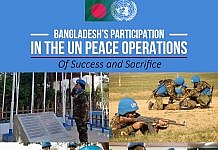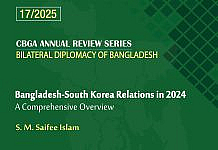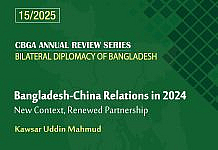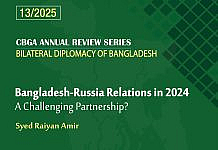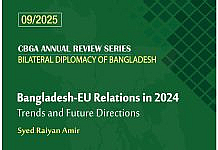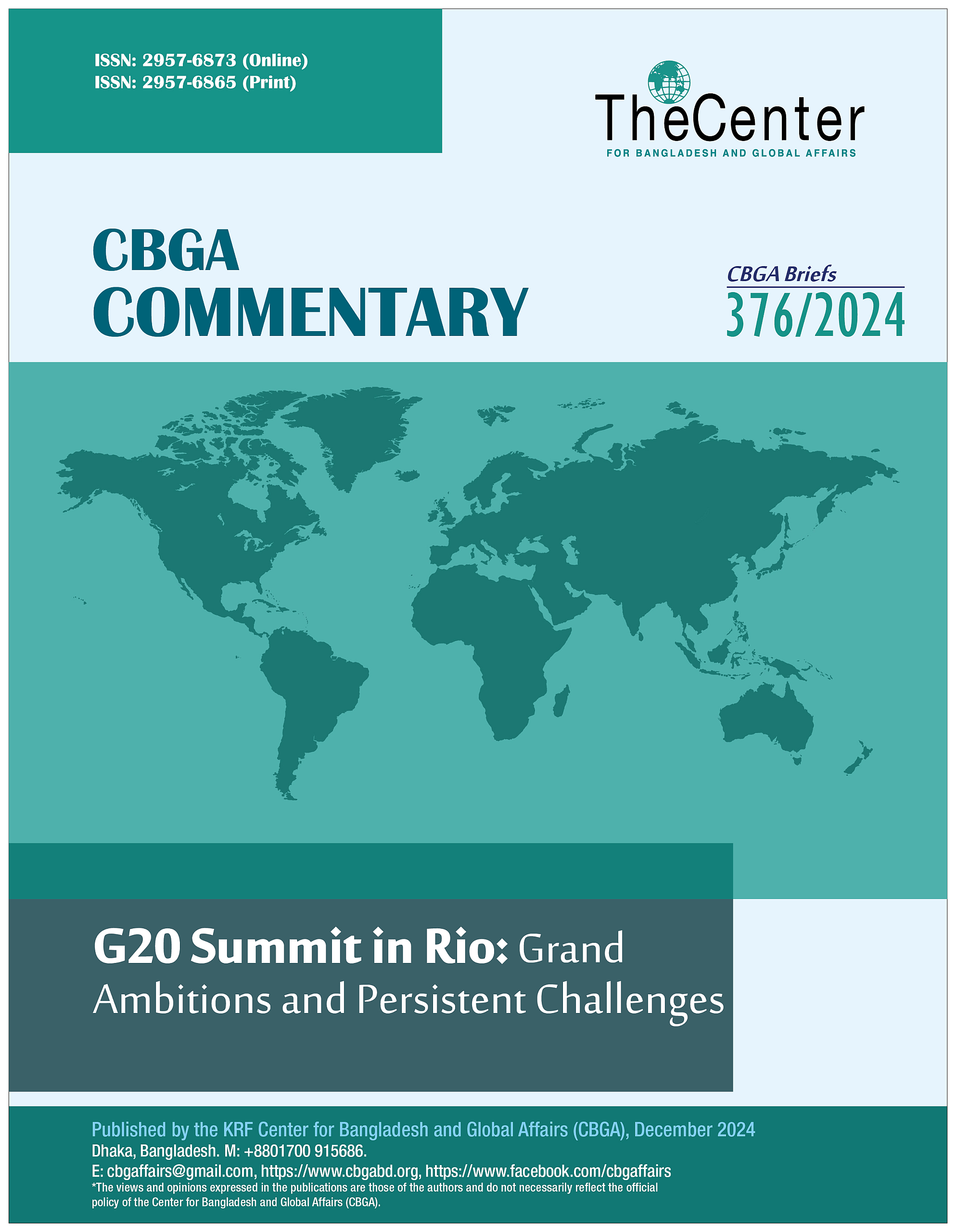
The G20 summit held in Rio de Janeiro from November 17 to 19, 2024, concluded with a joint declaration that encapsulated ambitious goals addressing global hunger, billionaire taxation, climate change, and geopolitical tensions. Although not fully endorsed by Argentina, the agreement marked a diplomatic win for host Brazilian President Luiz Inácio Lula da Silva, facilitating a complex web of global crises and shifting alliances.
A Balancing Act Amid Global Tensions
The Rio Declaration addressed pressing global issues, including the wars in Ukraine and the Middle East, while emphasizing humanitarian aid. The document highlighted the catastrophic humanitarian situation in Gaza and the escalating crisis in Lebanon. Leaders affirmed their commitment to a two-state solution for Israel and Palestine, reiterating the need for peaceful coexistence.
U.S. President Joe Biden used the platform to back Israel’s right to self-defense while blaming Hamas for the ongoing conflict. Meanwhile, the summit coincided with Biden’s decision to ease restrictions on Ukraine’s use of longer-range U.S. missiles, allowing deeper strikes into Russian territory.
Russian President Vladimir Putin was notably absent, represented instead by Foreign Minister Sergey Lavrov due to an International Criminal Court warrant for Putin’s arrest. The declaration avoided direct criticism of Russia, reflecting a delicate balance aimed at maintaining consensus among diverse member states.
Tackling Hunger and Inequality
Eradicating hunger emerged as a central theme under Lula’s leadership. On November 18, he launched the Global Alliance Against Hunger and Poverty, backed by 82 nations and organizations like the Rockefeller and Gates Foundations. The initiative aims to address the staggering statistic of 733 million people facing hunger in 2023, as symbolized by an evocative demonstration of empty plates on Rio’s Copacabana Beach.
Lula also championed a 2% tax on billionaire incomes, which made it into the final declaration despite resistance, particularly from Argentina. This measure, developed with input from French economist Gabriel Zucman, targets the global ultra-wealthy and underscores Lula’s focus on reducing inequality.
Global Governance Reform: A Persistent Dream
The declaration called for transformative reform of the United Nations Security Council, aligning it with 21st-century realities. Lula’s longstanding advocacy for expanding the council’s membership to include underrepresented regions like Africa, Latin America, and the Caribbean gained renewed momentum.
Despite broad consensus on the need for reform, disagreements persist on specifics. The U.S. supports permanent seats for African nations without veto power, while Brazil, Germany, India, and Japan push for permanent seats with full privileges. However, no concrete steps were outlined in the declaration, reflecting the complexity of achieving meaningful change.
Climate Action and Energy Transition
The G20 pledged increased green financing for developing countries and reaffirmed commitments to the Paris Agreement and carbon neutrality goals. The declaration endorsed ongoing COP29 negotiations and voiced support for COP30, set to be hosted in Belém, Brazil, in 2025. Leaders highlighted the need for investments to support energy transitions in developing nations, urging the phasing out of inefficient fossil fuel subsidies. However, concrete mechanisms to achieve these goals remained absent from the final document.
A Summit Marred by Organizational Issues
Logistical challenges and political maneuvering cast a shadow over the summit’s achievements. On November 19, Lula abruptly canceled his end-of-summit press conference, citing extended bilateral meetings, including one with China’s Xi Jinping. The last-minute decision fueled criticism of disorganization.
Biden left Rio without addressing tensions between Russia and Ukraine, while Xi Jinping avoided explicit comments on the conflicts, focusing instead on strengthening global alliances before the U.S. presidential transition in January 2025.
The summit’s chaotic conclusion was further underscored by a rescheduled family photo session. After missing the initial photo on November 18, leaders like Canada’s Justin Trudeau and Italy’s Giorgia Meloni participated in the retake on November 19, though Lavrov and others had already departed.
Mixed Outcomes for a Pivotal Summit
While the Rio Declaration reflected a spirit of cooperation, critics noted its lack of tangible measures. “It is very much a declaration of intent,” said Paulo Velasco, an international relations expert. “It aligns with Brazil’s hopes but offers few concrete steps.” Despite the shortcomings, the summit underscored Brazil’s leadership in addressing global hunger and inequality. Viviana Santiago of Oxfam praised Brazil for rallying action on taxing the super-rich and tackling systemic inequities, describing it as “a path toward a more just and resilient world. As Lula’s G20 presidency concludes, the Rio summit will be remembered for its lofty ambitions and the challenges of achieving consensus in an increasingly divided world.
– Syed Raiyan Amir is a Senior Research Associate at the KRF Center for Bangladesh and Global Affairs (CBGA).


